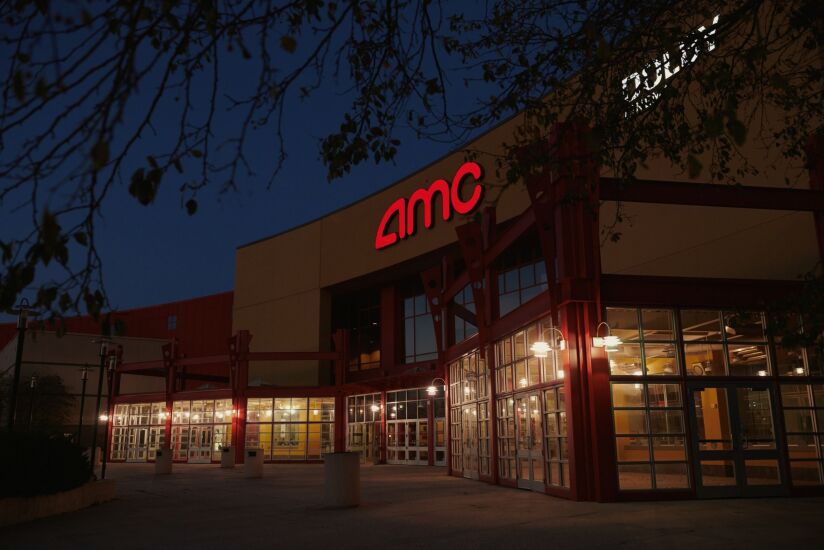Fitch Ratings this week warned it expects skyrocketing default rates for speculative-grade corporate borrowers in the U.S. leisure and entertainment arena.
Its concerns are mostly elevated for the movie theater and luxury fitness-gym chains losing out to budget-conscious and home-based alternative trends accelerated by COVID-19 pandemic conditions.
According to the ratings agency, it expects the institutional leveraged-loan default rate to approach 30% this year, compared to 9.9% in 2020 due to "persistent pandemic-driven operating and liquidity challenges." Leisure and entertainment companies could account for about a quarter of all leveraged-loan defaults despite their improved access to capital.

Of its $39 billion top "loans of concern," Fitch says about $12 billion are in those sectors, and including debt obligations of Cineworld Cinemas, Travelport, AMC Entertainment and Equinox Holdings.
Debt vehicles for Cineworld and AMC are also on a watch list with Moody's Investors Service, which tracks some of the lowest-rated borrowers on its B3 Negative and Lower Corporate Ratings List.
"The near-term operating environment for movie theaters remains challenged, as public-health mobility curtailments result in extended theatre closures," Fitch's report stated. The chains also suffer from limited distribution from movie studios that are increasingly releasing movies on streaming services, either simultaneously or exclusively on services such as Disney+, Netflix and HBO Max.
While some "pent-up" demand for theater-going may return when restrictions are lifted nationwide, Fitch states that "the theatric release model may sustain permanent structural changes due to penetration of subscription video-on-demand services provided by media companies that own studios."
In the gym sector, Equinox is among a trove of luxury fitness-chain operators (also including Excel Fitness Holldings and Fitness International) whose corporate ratings have been fallen to near-default triple-C status amid a cash crunch.
Fitch says these gyms – concentrated in denser urban areas and operate under membership-contract business models – have faced deepening challenges due to COVID-19 operating and gym-capacity restrictions.

But a growing threat is the expansion of home-based fitness alternatives (i.e., Peleton smart cycles), as well as budget gym competitors like Planet Fitness franchisees that have outperformed the boutique competitors with lower costs and fewer commitments.
Revenue declines for luxury operators "could remain severe through 2021, with over 50% declines relative to 2019, due to these challenges," Fitch noted in its report.
Glen Fest








